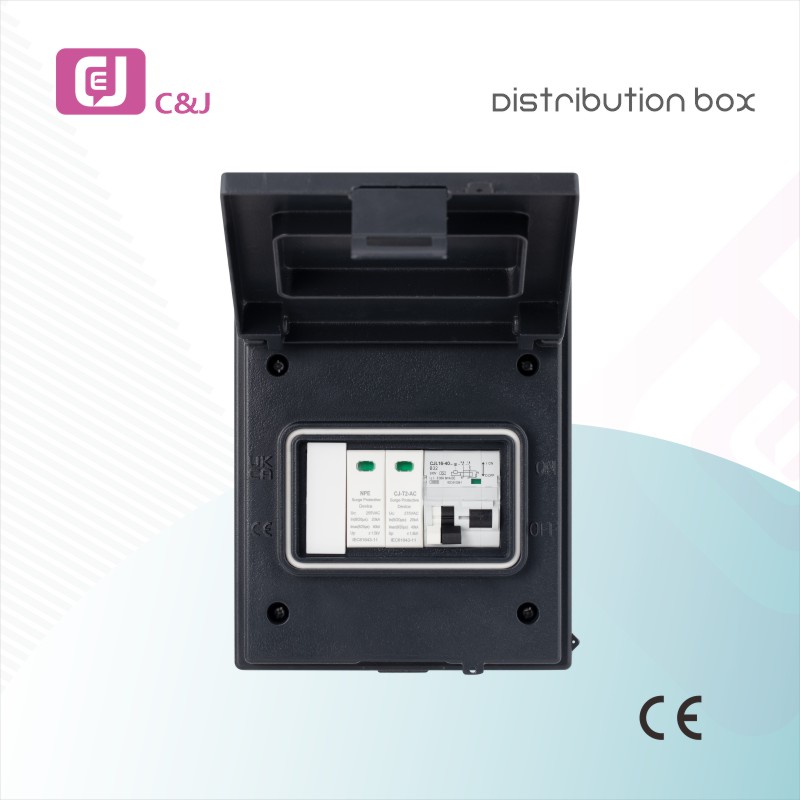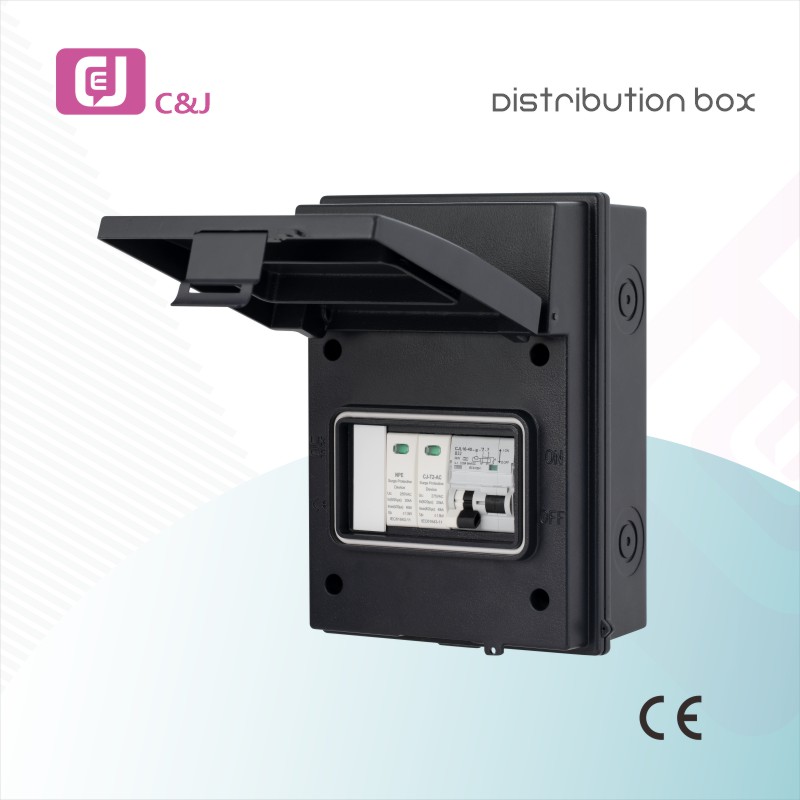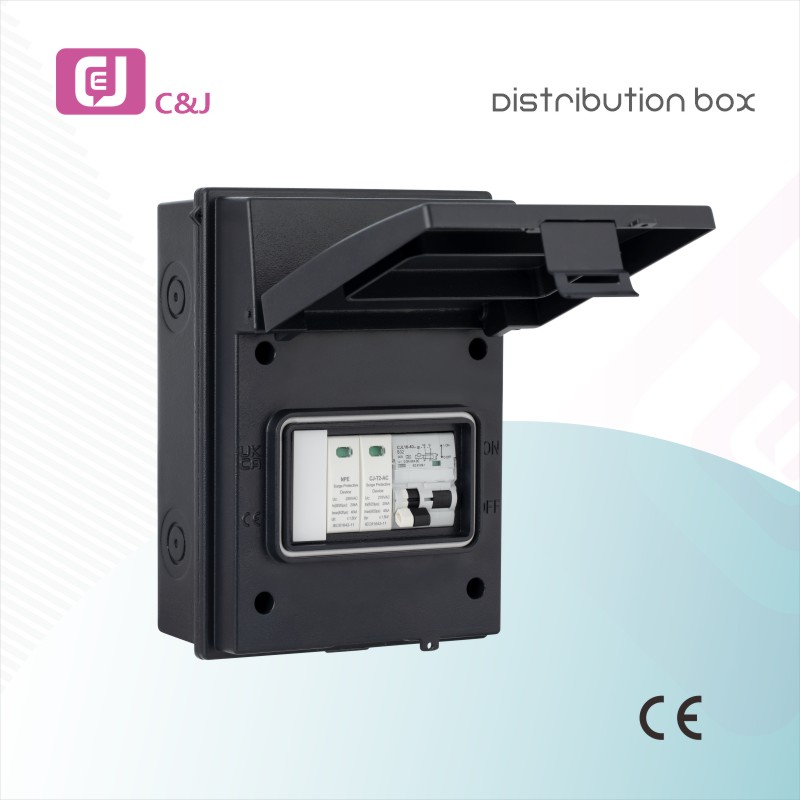Aluminum Junction Boxes: A Comprehensive Overview
Aluminum junction boxes are key components for ensuring safety, efficiency, and durability in electrical engineering and industrial applications. These boxes house electrical connections and provide a safe environment for wiring and terminations. Their robust construction and lightweight design make them ideal for a wide range of applications, from residential wiring to complex industrial systems.
What is an aluminum junction box?
An aluminum junction box is a protective enclosure constructed primarily of aluminum that houses electrical connections and terminals. These boxes serve a wide range of purposes, including protecting electrical components from environmental factors, preventing accidental contact with live wires, and organizing wiring systems for easy maintenance and access. Aluminum construction offers numerous advantages, including corrosion resistance, light weight, and excellent thermal conductivity.
Key Features and Benefits
1. Durability and Corrosion Resistance: One of the most prominent features of aluminum junction boxes is their corrosion resistance. Unlike other materials, aluminum won’t rust, making it ideal for outdoor and harsh environments. This durability ensures the junction box can withstand all weather conditions, extending its lifespan and reducing maintenance costs.
2. **Lightweight Design**: Aluminum is significantly lighter than steel or other metals, making aluminum junction boxes easier to handle and install. This lightweight feature is particularly beneficial in weight-critical applications, such as in the aerospace or automotive industries.
3. Thermal conductivity: Aluminum has excellent thermal conductivity, which helps dissipate the heat generated by electrical connections. This property is critical to preventing overheating, thereby improving the safety and reliability of electrical systems.
4. Wide Application: Aluminum junction boxes are used in a wide range of applications, including power distribution, telecommunications, and control systems. Their versatility allows them to be used in both indoor and outdoor installations, meeting the needs of various industries, including manufacturing, construction, and renewable energy.
5. Customizable Options: Many manufacturers offer aluminum junction boxes in a variety of sizes, shapes, and configurations. This customization capability enables engineers and designers to select the right junction box for their specific needs, ensuring optimal performance and safety.
Installation and Maintenance
Installing aluminum junction boxes requires careful planning and strict adherence to electrical codes and standards. It’s important to ensure the junction box is securely installed and all connections are properly insulated to prevent short circuits or electrical failures. Regular maintenance inspections should be performed to check for signs of wear, corrosion, or damage to ensure the continued effective operation of the junction box.
In summary
Simply put, aluminum junction boxes are an indispensable component in modern electrical systems. Their combination of durability, lightweight design, and excellent heat dissipation make them a top choice for a wide range of applications. As industry continues to evolve, the demand for more efficient and reliable electrical solutions continues to grow, and aluminum junction boxes will undoubtedly play a key role in meeting these demands. Whether for residential, commercial, or industrial use, investing in high-quality aluminum junction boxes is an important step in ensuring a safe and efficient electrical installation.
Post time: Sep-02-2025




